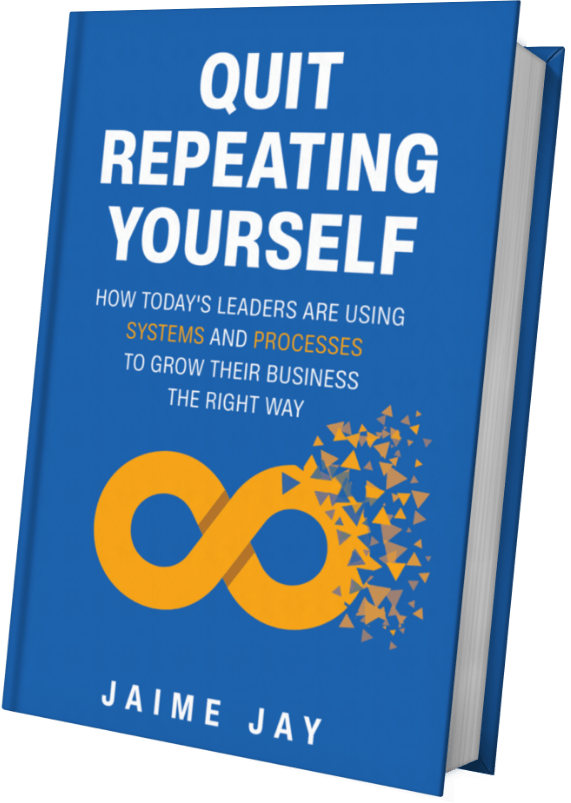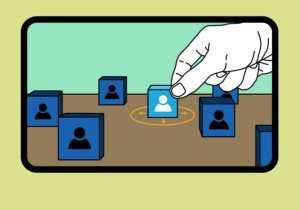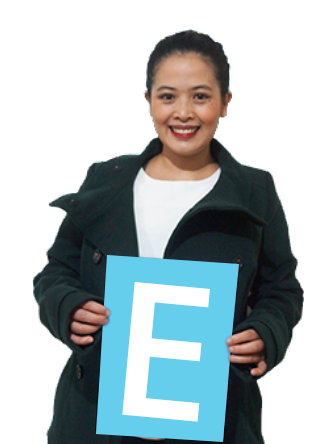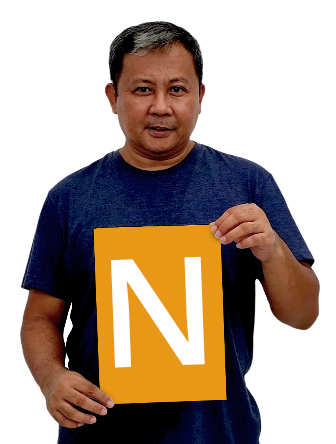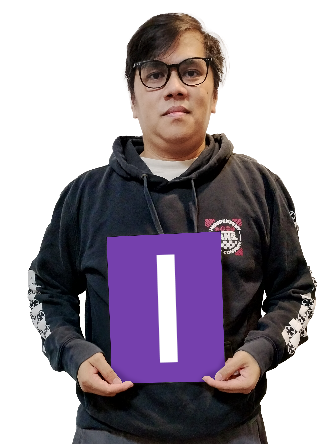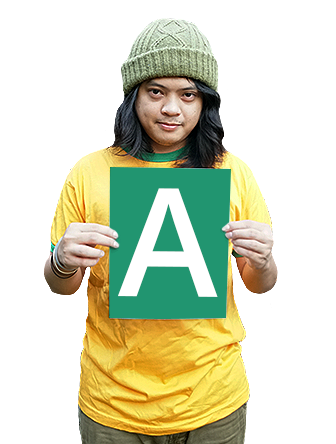How to Make Sure Your Distant Assistant Remains Proactive
Want to learn how a Distant Assistant prepares for your eventual “first day” encounter? Here are some of the things they learn and are taught to ask during their onboarding with Bottleneck!
According to the Society for Human Resource Management, onboarding is essential for familiarizing new employees with their work, as well as building confidence and making sure that the new employees settle into their roles properly.
That said, not all clients may have a streamlined onboarding process or might lack the necessary information that you may need. This is where being proactive will benefit you a lot in the long run.
Learning about the business, getting to know your coworkers, and becoming familiar with the surroundings are all important. You’ll also have to pick up a few job-specific skills that aren’t covered in the training program. You’ll have to look for your own shortcuts, tricks, and loopholes outside of the training you’ll receive.
To assist you, we’ve compiled a list of questions we train our Distant Assistants ask to ask their clients when they first start.

15 Questions to Help Distant Assistants with their New Client
1. What can I do to prepare?
Prior to starting a new job, ask your manager if there is anything you need to do to prepare. There may be an on-boarding plan, but it wouldn’t hurt to ask. You may also be able to learn about the things you would need to bring and if there are certain requirements you would need to prepare.
2. What should I read?
Before getting started, it’s a good idea to do some reading. Start by reading your contract to see if there are any clauses that you don’t agree to, which may be hidden in long paragraphs. If you are good with your contract, there are the reading materials provided by the trainer. These reading materials will give you a better understanding of what you will be learning at training before the actual training.
Second, you should read different resources that pertain to your client. This could be in the form of their website, social media presence, etc. This way, you’ll understand more about the client and won’t be clueless when you talk to them for the first time.
3. Who should I talk to?
You will speak with more people than just your manager and trainer. You will eventually speak with HR, and your coworkers, and to some extent, you will also speak with specific clients. Training that requires you to interact with clients can help you understand what it is you’ll be doing in the real world.
4. What trainings should I attend?
There are standard onboarding, basic, and product training courses. However, if the company offers a few training courses that can be taken at your own pace, find the time to participate in them. Usually, these trainings is to improve the quality of work and to further product or service knowledge.
5. What are the priorities for certain timelines?
Companies and businesses have timelines that they expect to be followed by everyone. It’s a good idea to think ahead and ask for these deadlines so that you can plan and complete your tasks before they are due. This forward-thinking can also make you look good, as long as you are able to deliver on time.
6. What meetings should I attend?
In addition to the training, you’ll have to attend meetings with your supervisors and managers. There are also departmental meetings, team huddles, and town hall meetings that you, as a new employee, would have to attend. You’ll learn a lot about the company, the people, and the job during these meetings.
7. Who are the members of my team?
You should know who your team members are, especially if you consider your team to be one department. When it comes to departmental memos, you don’t want the information to be accidentally leaked. Knowing who your team members are could also potentially help you. In the event of an emergency, you’ll know exactly who to call for help.
8. Who should I report to?
In addition to reporting to your immediate supervisors and managers, you may be required to report to managers in other countries by some companies. There will be times when you need to report to clients or even to your coworkers. When it comes to reporting, having a clear organizational structure can be beneficial.
9. How often are meetings?
While most meetings have a set date and time, there are those that arise out of nowhere. There are a variety of reasons why companies hold surprise meetings, including new product introductions, urgent memos, and other pressing matters. As a new Distant Assistant, you should be prepared for the frequency of these meetings.
10. What kinds of updates and reports does the supervisor want?
Some supervisors and managers request reports, which when reflected on paper can take several sheets. But, there are higher-ups who just require a verbal report and one sheet of paper. It’s good for you to know as a Distant Assistant which managers and supervisors require a certain kind of report. Taking notes during work can also help you create your report for the supervisors who need a written report.
11. What if I have questions about different processes?
Some companies designate a primary point of contact (POC) for teams. In spite of being regular employees, they are occasionally referred to as subject matter experts. These POCs should be put to good use. Sometimes there are no POCs, in which case your manager or supervisor should be contacted.
12. How does the feedback and evaluation process work?
You should routinely inquire about the operation of the evaluation and feedback processes. When you get to know your assessor on a more personal level, you’ll feel more at ease asking questions. It is common for HR to conduct company-wide evaluations. On the other hand, some managers and supervisors prefer a more product-oriented and detailed approach.
13. What do I do if I have escalations?
This goes hand-in-hand with who to approach if you have questions. Escalations are often referred to a supervisor on the floor, but sometimes there are designated POCs for this matter.
As a Distant Assistant who works remotely, it will also help you to learn the chain of command if you are working with a large team. That way, you know who you can reach out to when your designated POC or manager is unavailable, or in times of emergency where you need to reach your client quickly.
14. How am I doing so far?
Your immediate supervisor is the best source of information about your job performance. If your supervisor doesn’t submit a progress report, even HR doesn’t have access to it. In the event that you do not feel comfortable approaching your supervisor to inquire about your progress, HR personnel is the next best option.
15. What should I do to improve?
This is one question you can most probably answer yourself. Progress reports by HR and your supervisor can help you identify which aspects of yourself and your work you can improve, but you can do this on your own on a more personal scale.
Take notes on your previous and more recent projects, and see what you could have done to make them better, if not more efficient. These are the things you can do on your current and upcoming projects to see if you have improved or regressed due to the adjustments you’ve made. Over time, these small adjustments will help you do your work efficiently and will be noticed by the higher-ups.
Conclusion
Asking these questions will help the Distant Assistants get to know their new client better. Some of these questions can only be asked after they’ve worked for a certain amount of time, but it’s still a good idea for you to keep them in mind. It is only by considering the long term that they will be able to improve their performance and work ethic.
Being proactive and showing the eagerness to work and learn more is also our way to convey that we are engaged and ready to take on bigger roles.
Another way to be proactive is to familiarize our them with the tasks and responsibilities that come with being a Distant Assistant. Bottleneck Academy offers free training to those who are aspiring to pursue a career on being a Distant Assistant.
Want to learn more about Distant Assistants, and what it takes to hire one? Visit bottleneck.online now to learn how you can have your very own Distant Assistant!
Subscribe to our newsletter so you can receive up-to-date information about other tips on how our distant assistants can help entrepreneurs grow their business. You also get FREE access to our Ultimate Distant Assistant Checklist when you sign up.
About Jaime Jay
Meet Jaime Jay – a man who wears many hats, and wears them all admirably. He's a master connector, an entrepreneur extraordinaire, and a published author who knows how to get things done.
Before he found his way to the business world, Jaime served his country as a brave paratrooper in the U.S. Army. But that's just the beginning of his many accomplishments.
He's the founder of the renowned Bottleneck Distant Assistant Services firm, and his book "Quit Repeating Yourself" has become a must-read for entrepreneurs everywhere.
When he's not busy building his empire, you can find him on his beloved Harley Davidson, cruising through the countryside and taking in the invigorating effects of Uitwaaien – a Dutch practice that involves facing the wind to boost health and relieve stress.
He enjoys spending his free time outside building stuff with his wife, Nikita the dog and their two kittens (for now at least) Tommy and Tater.
He is ‘over-the-moon’ happily married to his wonderful wife Sara, his amazing daughter, Jessica, who is serving our country as a United States Army soldier. Jaime and Sara are the proud grand parents of two beautiful little girls.

Get Your Book Now!
Quit Repeating Yourself provides guidance for entrepreneurs, business leaders, and managers to help prevent unknown challenges from ruining their business.



